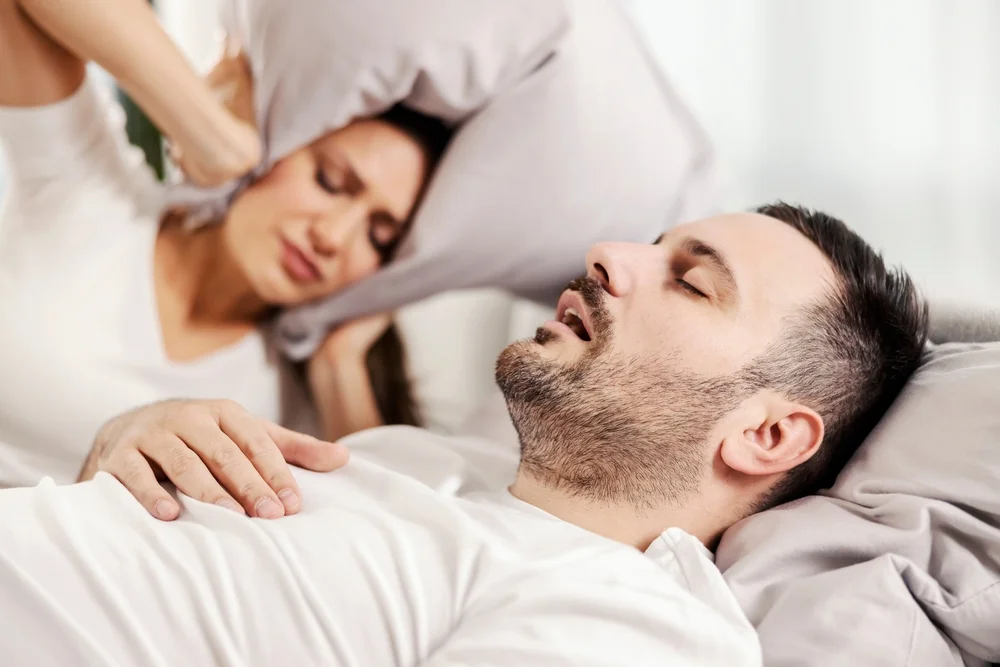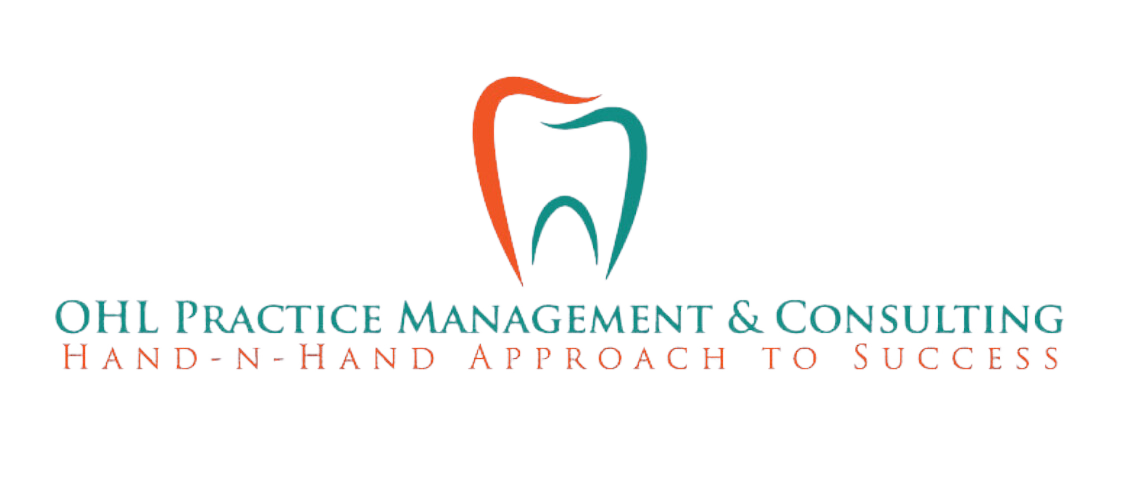Millions Remain Undiagnosed
Sleep Apnea Threatens Health
Dentists Can Save Lives
The Problem With Sleep Apnea
30+ Million Have Sleep Apnea
30+ million people in the US have obstructive sleep apnea
80% of people are undiagnosed
80% of people with OSA go undiagnosed
60% of Patients Don't Use Their CPAP
Nearly 60% of patients prescribed a CPAP machine don’t use it, leading to ongoing struggles with obstructive sleep apnea (OSA).
The Overlooked Epidemic
Sleep apnea is more than just a snoring problem—it’s a silent health crisis affecting millions. Over 30 million Americans suffer from sleep apnea, and an alarming 80% of cases go undiagnosed. Left untreated, it increases the risk of heart disease, stroke, diabetes, and even mental health issues like anxiety and depression.
As a dentist, you’re uniquely positioned to help. The signs of sleep apnea often show up during routine exams, giving you the chance to identify and treat this life-altering condition. Incorporating sleep apnea care into your practice isn’t just good for your patients—it’s transformative for your practice too.

Statistics That Matter.... The Numbers Don't Lie!
1 in 5 adults has mild obstructive sleep apnea. Dentists can identify up to 80% of potential sleep apnea cases through routine screenings. Oral appliance therapy has a 90% compliance rate compared to 50% for CPAP. Practices offering sleep apnea services can see revenue increase of $50,000 to $100,000 annually.
Ready to Bring Sleep to Your Practice? Book a Call!
A Dentists Role
Sleep apnea is a widespread condition often overlooked by patients and even some healthcare providers. But as a dentist, you’re uniquely positioned to make a difference. During routine exams, you can spot early warning signs like airway issues, teeth grinding, and narrow arches—indicators that might otherwise go unnoticed.
By offering custom oral appliances as an alternative to CPAP therapy, you provide a solution that patients are more likely to use. Many patients turn to their dentist first for snoring or sleep-related concerns, giving you the perfect opportunity to address this hidden epidemic and expand your practice in the process.
Start Changing Lives Today
Sleep apnea treatment is more than an addition to your services—it’s an opportunity to change lives while growing your practice. Whether you’re just starting or looking to refine your approach, we’re here to help you every step of the way.
Schedule a consultation today to explore how our programs can simplify implementation and set your practice up for success. Together, we can transform lives—one restful night at a time.

Getting Started Has Never Been Easier
Taking the first step toward integrating sleep medicine into your practice is simple and stress-free. With our personalized coaching, you’ll have a clear path, expert guidance, and all the tools you need to succeed. Ready to transform your practice and patients’ lives? Let’s get started today!
Sleep Apnea Insights Questions & Answers
What is sleep apnea?
Sleep apnea is a condition where your breathing repeatedly stops and starts during sleep. The most common type, obstructive sleep apnea (OSA), happens when the airway becomes blocked by soft tissues, causing brief pauses in breathing that disrupt your rest and lower oxygen levels.
What are the signs of sleep apnea?
Common signs include loud snoring, choking or gasping during sleep, daytime fatigue, morning headaches, dry mouth, mood changes, and poor concentration. If you or your partner notice these symptoms, a sleep evaluation might be the next step.
How is sleep apnea diagnosed?
Sleep apnea is diagnosed with a sleep study, either in a lab or at home. These tests monitor your breathing, oxygen levels, and sleep quality overnight. Your results help determine the severity of the condition and guide your treatment plan.
Is sleep apnea dangerous?
Yes. If left untreated, sleep apnea can increase your risk for high blood pressure, heart disease, stroke, type 2 diabetes, and depression. It can also impair memory and increase the chance of accidents due to daytime drowsiness.
Do I have to use a CPAP machine?
Not always. While CPAP is a common and effective treatment for moderate to severe cases, many people with mild to moderate sleep apnea can benefit from alternatives like custom oral appliances that keep the airway open during sleep.
What is an oral appliance, and how does it work?
An oral appliance is a small, custom-made device worn at night, similar to a mouthguard. It gently shifts the lower jaw forward to help keep your airway open, reduce snoring, and improve breathing. It’s a comfortable, quiet alternative to CPAP for many people.
Can lifestyle changes improve sleep apnea?
Absolutely. Losing weight, avoiding alcohol before bed, sleeping on your side, and managing allergies can all help reduce symptoms. These changes often work best when combined with other treatments like an oral appliance or CPAP.
What should I do if I think I have sleep apnea?
Start by talking to your dentist or healthcare provider. They can ask the right questions, recommend a sleep study, and help you explore treatment options. Early diagnosis and proper care can make a big difference in how you feel every day.

